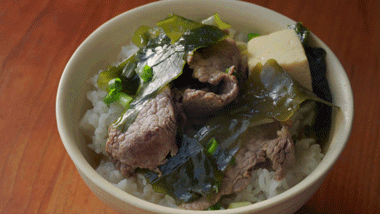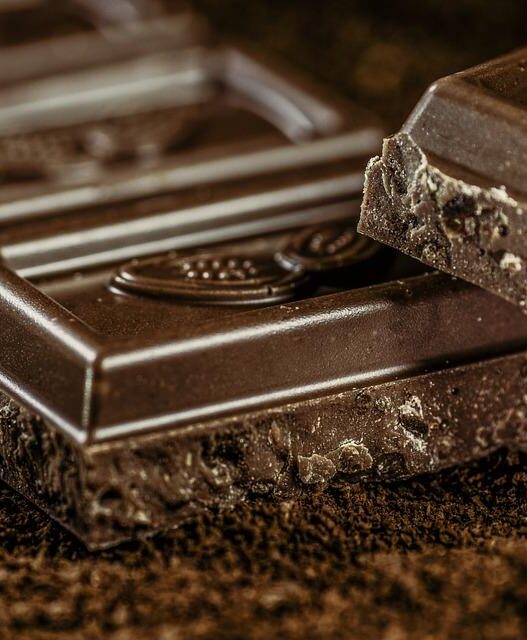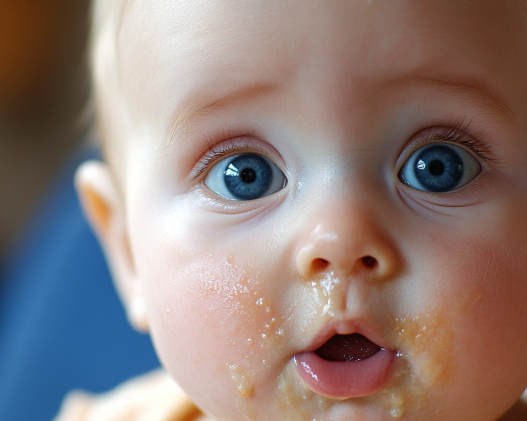Introduction: The Late-Night Dilemma
Long hours of work, endless screen time, and the pressures of life often make us push our bedtime later and later. But when hunger strikes in the middle of the night, what’s the best choice? Should you have a late-night snack, or is it better to tough it out and go to bed hungry?
Eating Late-Night Snacks: Is It Really That Bad?
Many people claim that eating late-night snacks will lead to weight gain, but is that the whole truth? The real culprit behind weight gain is not the timing of meals, but the overall caloric intake. As long as you maintain a healthy balance and avoid overeating, eating late-night snacks in moderation isn’t a direct path to extra pounds.

The Key: Balancing Calories
Weight gain occurs when you consume more calories than your body burns. If you’re already at a calorie surplus, adding snacks before bed may lead to weight gain. However, if you’re feeling genuinely hungry and your body needs energy, a light snack before bed may actually be beneficial.
The Risks of Overindulgence
That being said, it’s essential to avoid excessive late-night eating. Disorders like Nocturnal Eating Syndrome (NES) are common in people who overeat at night. People with NES typically experience intense hunger after dinner, consuming up to 50% of their daily calories late in the evening, leading to an increased risk of obesity.
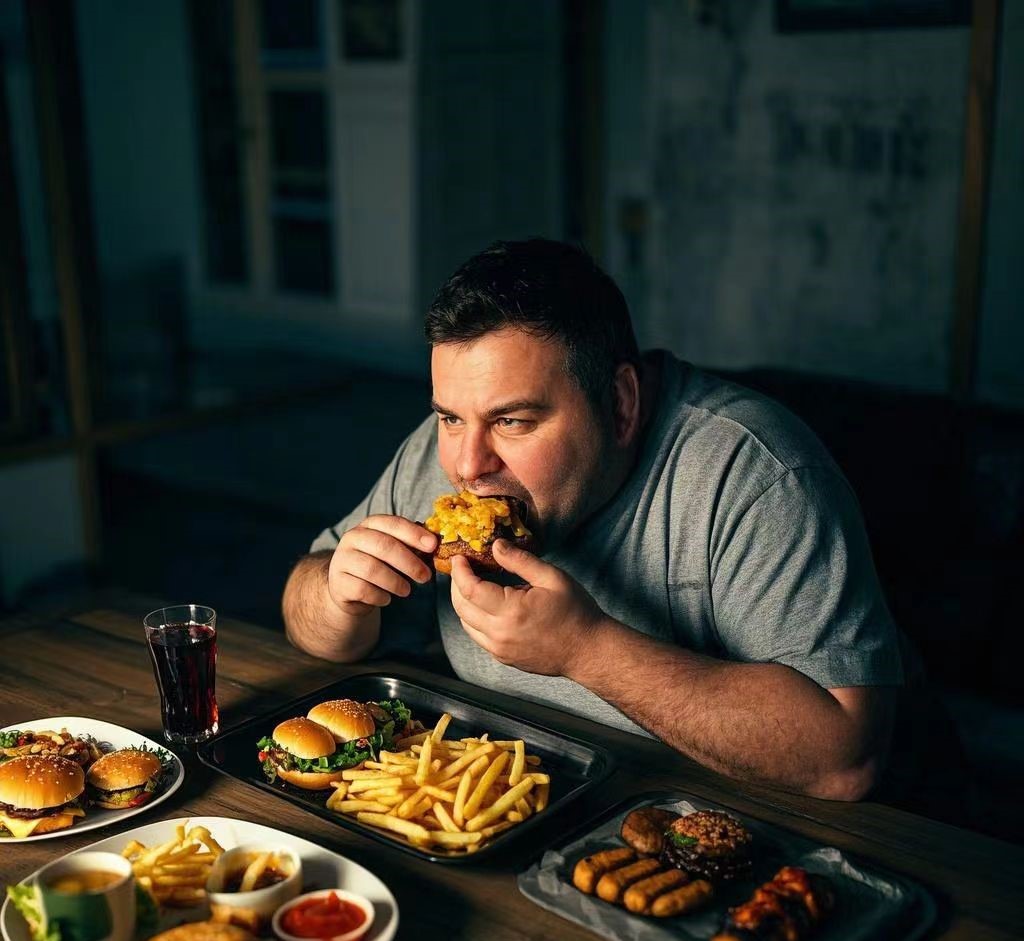
Is Sleeping on an Empty Stomach Better?
On the flip side, many believe skipping dinner to lose weight is a healthy choice, but the reality is far from ideal. Going to bed hungry can lead to negative consequences that impact both your body and your mental well-being.
The Immediate Consequence: Hunger
Your body needs a steady stream of energy throughout the day. Skipping meals, particularly dinner, can lead to feelings of weakness, irritability, and overall fatigue. Prolonged fasting can also cause nutrient deficiencies, affecting your physical and mental health.
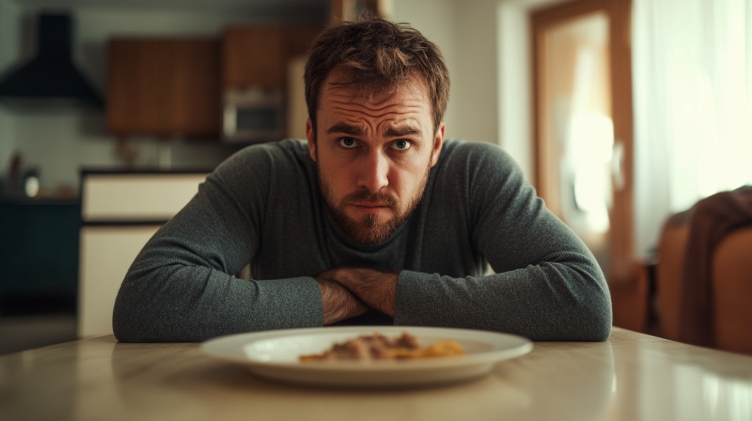
Long-Term Effects of Skipping Dinner
Those with special health conditions, such as gastric ulcers, may experience worsened symptoms if they skip meals. Additionally, people working night shifts, such as healthcare workers, need food to fuel their energy during these unconventional hours. Not eating could impair their performance and overall health.
When Is Skipping Dinner Okay?
There are instances when skipping dinner is acceptable, such as for individuals who have eaten a heavy lunch or for those working on weight management. However, intermittent fasting should be approached with caution and under the guidance of a health professional.
Healthier Ways to Handle Late-Night Hunger
If you find yourself needing a snack before bed, it’s important to make mindful choices.

1. Timing is Key
It’s best to eat your snack at least 1-2 hours before bedtime. Consuming food too close to sleep can disrupt your rest and affect the quality of your sleep. If you plan to sleep at 11 p.m., try to finish eating by 9:30 p.m.
2. Choose Healthy Options
Avoid processed, high-sugar snacks like chips, cookies, and fried foods. These are often high in fat and salt, which are unhealthy and could lead to digestive issues. Instead, opt for lighter, nutritious choices like fruits, whole grains, beans, and dairy products. These foods are easy on your digestive system and provide essential nutrients without overloading your body before bed.

Conclusion: Balancing Your Nighttime Routine
In conclusion, both eating late-night snacks and going to bed hungry have their risks. The key is to find a balance that works for you, considering your overall lifestyle, health goals, and nutritional needs. Eating a small, healthy snack before bed won’t harm you if it’s part of an overall balanced diet. However, consistently overeating or skipping meals entirely can lead to more serious health issues.






